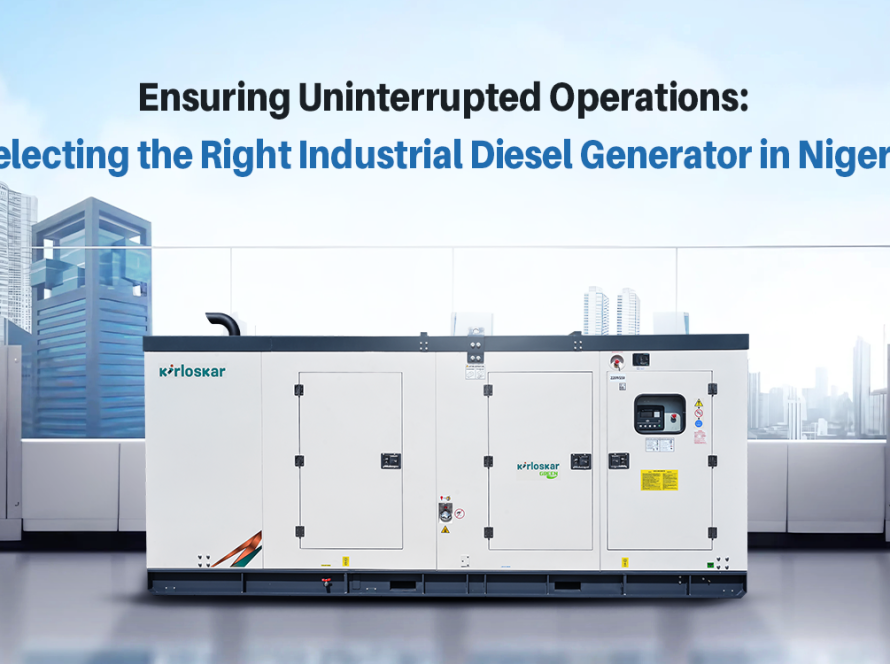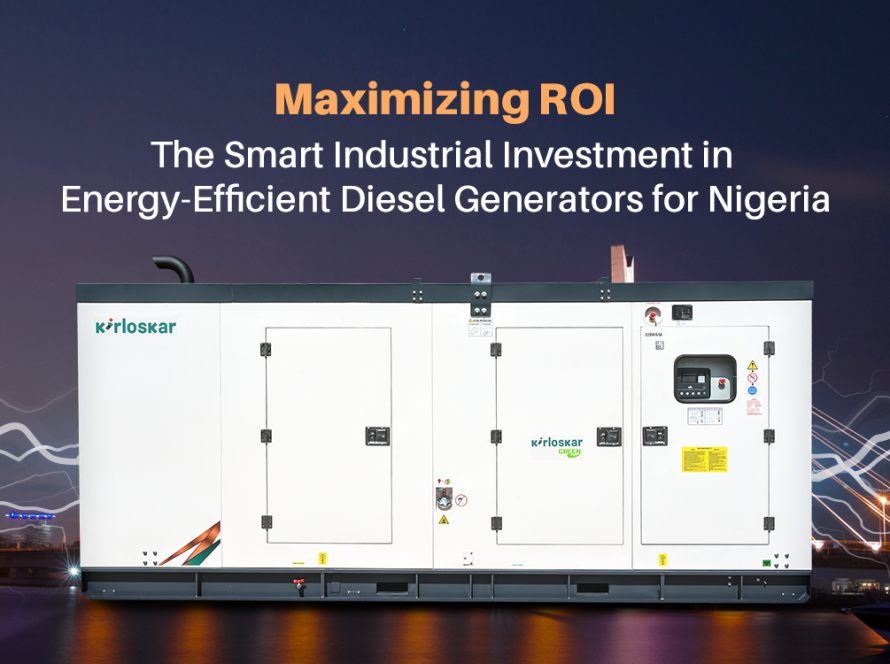In a country where stable power supply remains a persistent challenge – with over 45% of electricity generated from fossil fuels, an average of 12–15 power outages per month, and limited access to grid power in rural areas – diesel generators continue to play a critical role in bridging the energy gap across residential, commercial, and industrial sectors.
Despite the growth of alternative energy solutions like solar and hybrid systems, diesel generators in Nigeria remain a preferred choice for those who require reliable, high-capacity power, thanks to their robust performance, long runtime, and ability to operate efficiently in areas with unstable or limited grid access. In 2021, Nigeria’s diesel genset market was valued at around USD 445.1 million, with projections to grow to USD 806.8 million by 2030 at a CAGR of 6.8%.
As we step further into 2025, the demand for backup power solutions has not only sustained but evolved. Below, we explore the top 7 reasons why investing in a diesel generator in Nigeria is still a wise and future-proof decision.
1. Consistent Power Amid Grid Instability
2. Readily Available Fuel Supply
3. Superior Durability and Performance
When properly maintained, diesel generators are built to last, offering robust performance even under heavy and prolonged usage. Engines of these heavy duty machines are designed for high-load applications, making them ideal for:
- Manufacturing plants
- Construction sites
- Telecom towers
- Commercial complexes and many more industrial and personal applications
Compared to petrol generators, diesel engines have lower wear and tear, fewer maintenance requirements, and a longer service life, making them cost-effective in the long run.
4. Cost-Efficient Operation
5. Wide Range of Power Capacities
6. Technological Advancements in 2025
-
Automatic Transfer Switches (ATS)
-
Remote monitoring systems
- Silent or soundproof operation
- Digital control panels


